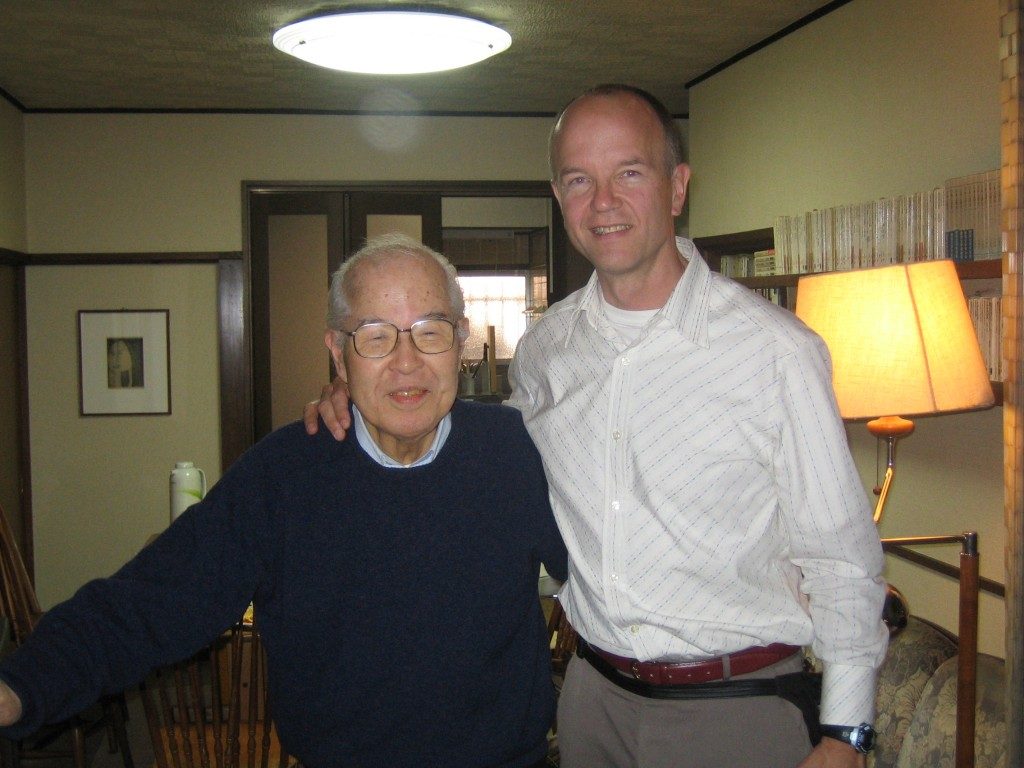John Tak, BA’82 (Asian Studies) is Vice President of International Business for the Factors Group of Nutritional Companies Inc., Canada’s largest manufacturer of nutraceutical products. John also worked as Director of Asian Business Development for Magna International Inc., Canada’s largest auto parts manufacturer. John speaks and reads Japanese, having worked in Japan for eight years.
Where do you live?
West Vancouver
What are you currently doing?
Vice President of Sustainability – Factors Group of Nutritional Companies Inc.
I know that you have worked in Japan, how did you start working abroad?
After graduating with a Diploma in Finance from BCIT, I decided that I wanted to get involved with Canada-Japan business and concluded that learning Japanese would be a strong asset. To learn Japanese I personally had two basic choices: 1) go to Japan, teach English and learn Japanese; or 2) go UBC, take their formal Japanese language courses, and then go to Japan. The second option I thought would allow me to learn more quickly and with a stronger foundation of proper grammar.
I chose the second route and that turned out to be a very fruitful decision. Completing my BA in Asian studies with a major in Japanese enriched my knowledge of not only Japan but all of Asia. In addition to learning how to read and write Japanese, there were two other benefits. First, I learned about Japanese history, literature, and politics thereby greatly enriching my understanding of Japan. Second, it allowed me to advance into the Inter-University Center for Japanese Language Studies now in Yokohama but then Tokyo. The program is managed by Stanford University and after ten months of intensive, advanced Japanese study five hours per day each week, graduates are ready to tackle just about any situation using proper Japanese.
Having graduated from UBC, I was able to apply and successfully receive an Alcan Canada Foundation grant and a Japan Foundation Grant to help fund my studies in Japan. Following my Japanese language training, I applied for and was granted a very generous Japan Ministry of Education (Monbusho) scholarship to study Economics at Kyushu University in Fukuoka. The scholarship covered all of my tuition and my living expenses.
From there, I was able to get my first job at the Toronto Dominion Bank in Tokyo. The bank overlooked my lack of banking experienced indicating they were impressed by my formal training and academic affiliations.
How is working and living abroad as a foreigner?
The Japanese are great hosts. But for a free-wheeling young man, sometimes their desire to take care of everything was a little too much for me.
I was a post-graduate Monbusho scholar at Kyushu University where the university had kindly built a foreign student’s dorm. The dorm was a lovely, modern building but was foreign students only, had no traditional Japanese bath, and was located away from local residential neighbourhoods.
This didn’t suit my image of living in Japan, so I declined to live at the dorm. Instead, I found a lovely, traditional style apartment in a small, Japanese community a few train stops outside of Fukuoka City. Unfortunately my actions caused a lot of stress for the university’s Director of Foreign Relations who tried diligently to get me into the foreign student’s dorm. The university wanted the dorm to be successful and likely thought it would be easier to take care of all the students in one spot.
In the end I stuck with my Japanese neighbourhood and loved it. But I agreed to report in regularly to the university Director and to write a nice article in the university newsletter. This allowed everyone to save face which I learned is very important in Japan.
Any Advice for other alumni that are hoping to go abroad?
Don’t over think everything, but do have a general plan for whether you want to end up back in Canada or not. If you do, think about what job training will best help you land a job in Japan and also back in Canada. Knowing a foreign language is a great communication tool but it’s not a job skill or certification. Companies hire accountants, designers, sales people, engineers, administrators, etc. They generally don’t hire people just because they speak a second language.
Finally, how was the transition when you returned to Canada?
Part of my plan was to definitely come back to Canada. So, I specifically worked with organizations that were based out of Canada and could bring me back with a job. Having a job at home, made my transition easier as my financial needs were met. The cultural transition was more challenging as Canada and Japan are so different. However, having friends and family helped smooth the way as I gradually reintegrated into life back home.



